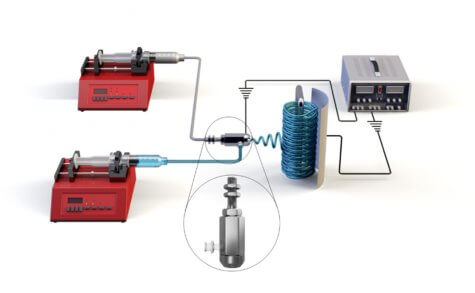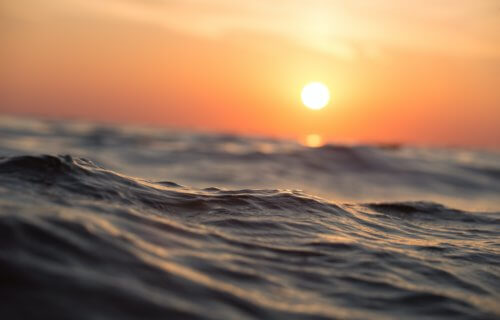GOYANG-SI, South Korea — Could drinking water soon come straight from our oceans? A new material could make seawater drinkable within minutes and could even solve the world’s freshwater shortages. Researchers say their new technology of removing salt from seawater is designed to last more than 14 times longer before it needs to be replaced than similar current technology.
Around 785 million people around the world lack a clean source of drinking water, according to the World Health Organization. Despite the vast amount of water on Earth, most of it is seawater, and freshwater accounts for only about 2.5 percent of the total.

Many communities, especially in the Middle East and some U.S. states, rely on desalination for their water supply. While several techniques exist, one method popular in the U.S. is membrane desalination, which works by using pressure to force water through membranes. But one of the main issues of this method is that membranes regularly become too wet and ineffective, meaning they have to be replaced frequently.
Now, researchers from the Korean Institute of Civil Engineering and Building Technology (KICT) have created what they call a coaxial electrospun nanofiber membrane, which lasts longer before becoming too wet to work. While current membranes last for around 50 hours, the team’s new material can go for as long as a month before needing to be replaced.
“The coaxial electrospun nanofiber membrane has strong potential for the treatment of seawater solutions without suffering from wetting issues and may be the appropriate membrane for pilot-scale and real-scale membrane distillation applications,” said Dr. Yunchul Woo of KICT.
Results show the device performed a 99.99% salt rejection from the water for a month.
The study is published in the Journal of Membrane Sciences.
SWNS writer William Janes contributed to this report.
